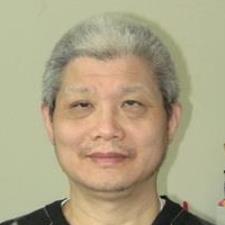Mohank K. answered • 06/08/25
Experienced and Friendly Math Tutor for All Levels
No,A number made entirely of n digits of 1, such as 11, 111, 1111, and so on, can be expressed in the form Rn = (10^n - 1)/9. This expression results from summing a geometric series: for example, 111 = 100 + 10 + 1 = (10^3 - 1)/9. To determine if such a number can ever be a perfect square, we assume Rn= k^2 for some integer k. This leads to the equation 10^n = 9k^2 + 1, which must be satisfied by whole numbers. However, this equation has no solutions in integers for n >=2. We can also use modular arithmetic to investigate this. Perfect squares modulo 9 can only be congruent to 0, 1, 4, or 7. On the other hand, Rn equivalent n mod 9 because it is simply a sum of n ones. So if n 2, 3, 5, 6 or 8 mod 9, then Rn cannot be a perfect square because those values are not quadratic residues modulo 9. Even when n equivalent 0, 1, 4 or 7 mod 9, no values of Rn for n >=2 have been found to be perfect squares. Extensive computational checks confirm that none of these repunit numbers are perfect squares. The underlying mathematical reason is that the structure of such numbers—formed by the expression (10^n - 1)/9. never aligns with the properties of perfect squares. Therefore, a number consisting of n>= 2 repeated digits of 1 can never be a perfect square.





